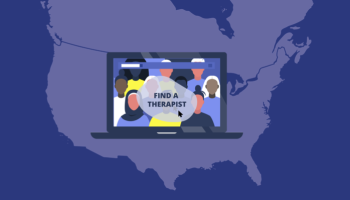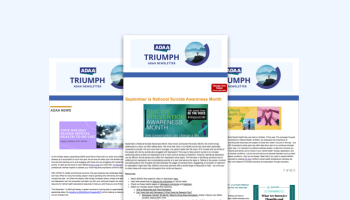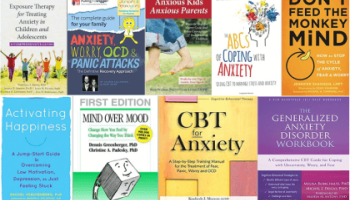
Member Prices
Non-Member Prices
Children and adolescents with anxiety disorders often act out or react with anger to treatment. In particular, the prospect of doing exposure and resisting compulsions or safety behaviors can engender not only fear but also anger, resistance, and defiance. This can take the form of tantrums, threats of harm to self or others when parents insist on treatment, overt treatment refusal, and refusal to participate in other activities of daily living such as school. This can be difficult for clinicians and families to manage, and can lead to both treatment dropout and conflict at home. This workshop will present practical strategies that clinicians can use to deal with children’s anger, and suggestions for how to present these strategies to parents. Topics covered will include managing tantrums, what to do when a child refuses to participate in treatment or school, and managing verbal and physical aggression toward others.
At the end of this session, participants will be able to:
- manage patient tantrums and threats and effectively coach families on managing these types of behaviors at home.
- utilize rewards, consequences, and parent training to help families overcome treatment refusal.
- work with parents and the school system to deal to treat school refusal.
Presentation level: Intermediate/Advanced.
Research Citations:
Hanley, G. P., Piazza, C. C., Fisher, W. W., & Maglieri, K. A. (2005). On the effectiveness and
preference for punishment and extinction components of function-based interventions.Journal of Applied Behavior Analysis, 38, 51-65.
Wilder, D. A., Chen, L., Atwell, J., Pritchard, J., & Weinstein, P. (2006). Brief functional analysis and treatment of tantrums associationed with transitions in preschool children. Journal of Applied Behavior Analysis, 39, 103-107.
Williams, C. D. (1959). The elimination of tantrum behavior by extinction procedures. Journal of Abnormal and Social Psychology, 59, 269-269.












ADAA Continuing Education Credits for Live and On-Demand Programming
Learners complete an evaluation form to receive a certificate of completion. You must participate in the entire activity as partial credit is not available. If you are seeking continuing education credit for a specialty not listed below, it is your responsibility to contact your licensing/certification board to determine course eligibility for your licensing/certification requirement.
Some ADAA professional webinars focused on diversity or cultural competency subject matter are eligible for the Cross-Culture Competency Diversity Credit. If a webinar is eligible for this credit, it will be reflected on your credit certificate.
All continuing education credits are provided through Amedco, LLC. Learn more about the CE/CME accreditation information here.